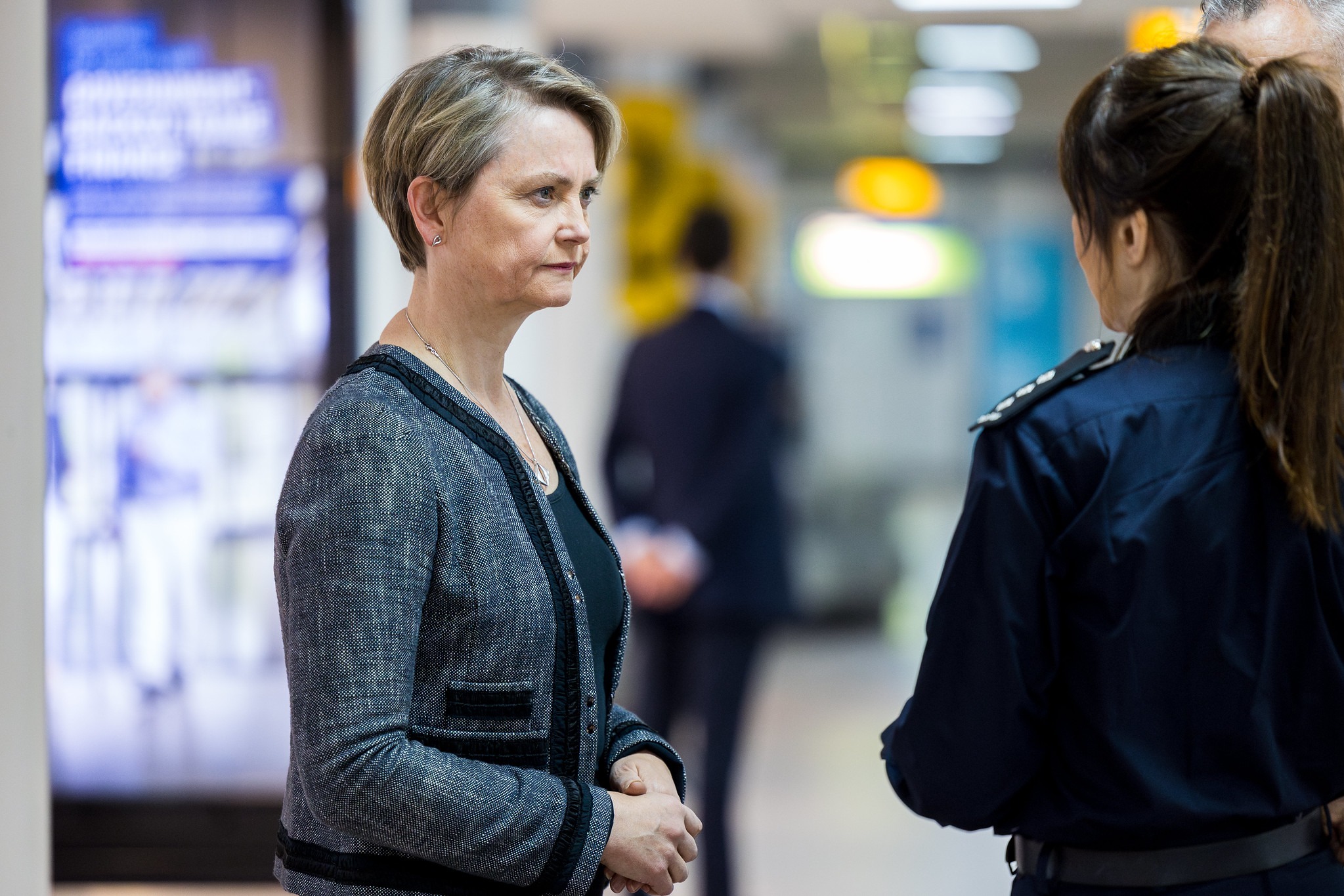Labour to crack down on international students applying for asylum after Reform success
Labour has introduced plans to curb immigration figures by cracking down on international student visas following the success of Reform in the local elections.
The Government is proposing to reduce legal migration into the UK, imposing a levy on student income and tightening visa rules.
According to the Home Office, 108,000 asylum claims were made in 2024, 16,000 of which were on student visas.
Home secretary Yvette Cooper has argued that the system is being abused by those who allege they are financially stable upon coming to the UK, before claiming asylum at the end of their visa.
To tackle this, ministers are exploring ways to make it harder for international students to stay in the country by taking up low-paying jobs.
The Government argues that the measure is not a reactionary one to appeal to right-wing voters, but instead a delivery on Labour’s election manifesto
The move comes as Reform UK made historic gains in the local elections, with some saying the Government is shifting right to win back right-wing voters to Labour.
The Government argues that the measure is not a reactionary one to appeal to right-wing voters, but instead a delivery on Labour’s election manifesto, saying that the policies have been in the works for months.
There is concern that lower international student recruitment may impact the higher education sector, which relies on income from tuition fees.
The direction of Labour policy comes at an especially difficult time for universities, 4 out of 10 of which face deficits.
Criticism of Labour’s stance has grown of late within the party’s own ranks.
The Labour government needs to take Nigel Farage head on, not pander to his attempts to divide our country
Sir Ed Davey, Liberal Democrats leader
With public spending cuts – such as the winter fuel benefit removal – and immigration crackdowns, many Labour politicians are becoming disillusioned with the party leadership.
Rachael Maskell, Labour MP for York Central, believes that “Labour does not meet that sweet spot” where both left and right can meet in the centre.
Similarly, Liberal Democrat leader Sir Ed Davey has said: “The Labour government needs to take Nigel Farage head on, not pander to his attempts to divide our country.”
Despite criticism from outside and within the party, the leadership feel this is a necessary action to take, and that tightening rules is essential not only to regain voter trust but to demonstrate decisive governance in an increasingly competitive political landscape.

Comments (1)
People are not against immigration they are against the quality of immigration and unfair bias towards illegal immigrants. Government dont get it – we are letting in poor quality migrants and seeking to stop the ones that are educated who speak english who can bring prosperity and skills to our country whilst doing practically nothing to vet illegals with no skills language and possibly criminal behaviours and hatred for our country in. This is an attack on the middle classes not a policy – its a disgrace. Im trying to help someone come and study here her country has been at war and she can speak the language better than me has a degree and wants to study work and pay taxes why should we not allow this… E Cooper needs sacking.